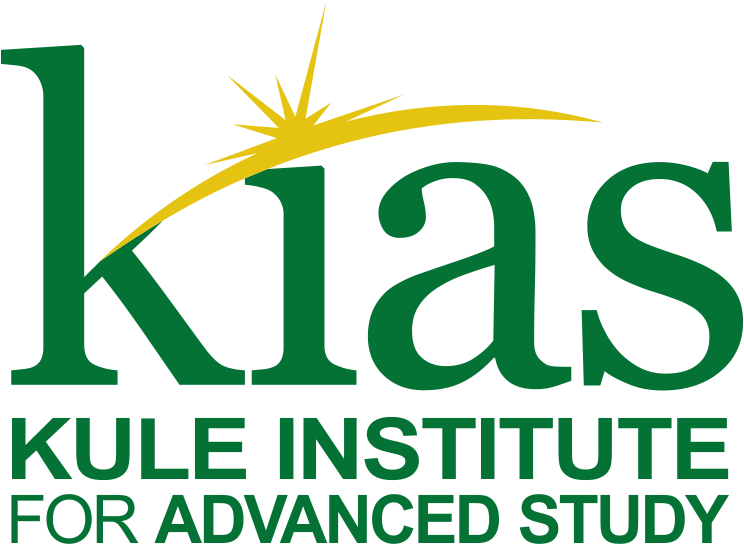Nearly one million asylum seekers, many from Syria, have arrived in the European Union in 2015. The European Commission has responded by identifying migration as one of its top policy priorities. It introduced its European Agenda on Migration in May, 2015.
EU policy draws upon, and all EU member states are bound by the Geneva Convention on the status of refugees. The EU Asylum Procedures Directive relies on the Geneva Convention definition of a refugee, and all member states are bound by the Geneva Convention to abide by the principle of non-refoulement, which requires that no state return a refugee to territory where they can come to harm due to their race, religion, nationality, social group membership or political views.
The Treaty of Lisbon increased the powers of the EU in the European area for Freedom, Security and Justice. The treaty provides for a common policy on asylum, immigration, visa and external border controls.
The common asylum policy has several aims:
• Creating fairer and more consistent procedures for the reception and registration of asylum seekers
• Humane reception conditions
• Harmonization of qualification rules for asylum-seekers
• Establishing the country responsible for managing the asylum application
• Information sharing, through a fingerprint database, to fight organized crime.
The European Commission is now focusing on implementing the provisions of the common asylum policy as quickly and effectively as possible. The Asylum Procedures Directive was reformed in the summer of 2015 to speed up asylum applications from asylum seekers coming from countries on a ‘safe country of origin’ list. Several EU countries currently have their own safe country of origin list, determined at the national level, but member states disagree on which countries should receive the SCO designation. In the fall of 2015, the European Union was working on legislation that would establish a common list of safe countries of origin in order to support more uniform processing of asylum applications and to reduce incentives asylum-seekers have for targeting certain EU member states for asylum applications.
A common EU Safe Country of Origin list would mostly affect applicants from the Western Balkans, the second-largest source group of asylum applicants to the EU after Syria. Currently, Kosovo is not on the SCO lists maintained by Bulgaria, France, Ireland, Latvia, Malta and Slovakia. The SCO list proposed by the Commission includes Albania, Bosnia and Herzegovina, the former Yugoslav Republic of Macedonia, Kosovo, Montenegro, Serbia and Turkey.
While asylum policy is made at the EU level, it is implemented at the member state level. The EU continues to press for the even implementation of asylum policy across member states in order to secure its policy goals. In December, 2015, the European Commission initiated infringement procedures against Greece, Croatia, Italy, Malta and Hungary for failing to implement certain provisions of the common asylum policy.
One of the more complex policy challenges for the European Union is addressing the uneven distribution of asylum seekers across EU member states. While Germany has taken in the largest number of asylum seekers, Hungary and Sweden have high rates of asylum seekers per capita.
The EU is attempting to reform the Dublin Regulation, which sets down rules for determining the member state responsible for processing asylum applications. The regulation was not designed for the situation of large migrant flows that the EU sees today and as a result, the EU has had to search for redistribution mechanisms beyond the Dublin rules. In September, 2015, interior ministers in the Council of Ministers agreed on plan to impose quotas on countries to reallocate migrants. The Council voted by qualified majority voting, with four dissenting member states: Hungary, Slovakia, Romania and the Czech Republic. The use of QMV in this Council decision was unusual and reflects the urgency of the situation. Although the treaty allows for QMV, the Council usually operates by consensus on sensitive issues.
Other elements of the EU policy response:
• The EU has devoted 60 million euros of emergency funding for frontline states, including Greece and Hungary and has deployed ‘hotspot’ Migration Management Support teams in Italy and Greece to support the processing of asylum claims.
• The EU is also devoting resources to help support countries that are hosting a large number of refugees (Lebanon, Jordan and Turkey), supporting the UNHCR and other organizations in their humanitarian work, and devoting resources to policies aimed at regional stabilization and development. It has allocated over 2 billion euros from the EU budget into trust funds to support Syria and North Africa and is now seeking to match this funding with contributions from the national budgets of EU member states.
• The EU has increased funding for Triton and Poseidon, joint operations of Frontex, the EU border management agency. These operations patrol the Mediterranean to help prevent drowning tragedies at sea. The EU has also increased funding to combat human trafficking. The EU is seeking to extend the mandate of Frontex in the future to create a European border and coast guard.
Dr. Lori Thorlakson is Associate Professor and Jean Monnet Chair in the Department of Political Science, and Director of the European Union Centre of Excellence at the University of Alberta.




